In a recent GreenBiz article the author asks Is This the End of Corporate Social Responsibility? Apparently CSR doesn’t “cut it anymore” and companies are now turning to the creation of social purposes or missions as “the reason for the company’s existence.” Sounds promising except for that one “big elephant in the room.” Can you name it?
Study after study show that low stakeholder trust continues to drag down most companies, even ten years “post financial crisis.”
- Only 7 percent of Americans believe that major company CEOs have high ethical standards. Public Affairs Council
- Only a minority of millennials believe businesses behave ethically. Deloitte
- 85% of employees are not engaged or actively disengaged at work. Gallup
- Just 46% of employees placed “a great deal of trust” in their employer, and only 49% placed “a great deal of trust” in their manager or colleagues. Ernst & Young
- For the first time in the six years the gauge has been reported, the US has dropped out of the “Top 10” countries for innovation. Bloomberg
Developing social purpose and mission is NOT going to fix what is wrong inside organizations. We call these “perception of trust” fixes as opposed to authentic trustworthiness. The first is built from the outside in, while the latter is a more difficult inside out endeavor. Focusing on social purpose before trust is like putting a clean shirt on a dirty body. And other than an “easy fix” that gives marketing and PR something to talk about, it makes little sense.
When business leaders treat trust as a tangible asset and a business imperative, the following results are achieved:
- Employees are more engaged and retention increases
- Innovation is higher and occurs more quickly
- Teams are more cohesive and decisions are made faster
- Transparency and communication improve
- Costs decrease and profitability increases
And the opposite occurs when they don’t, which is where most organizations find themselves today. A social purpose and mission will not fix low trust. It’s up to leadership to decide when (and if) they are ready to address the “elephant in the room.” Delaying it doesn’t fix it.
PS- Elevating trust is the best kept secret of many enlightened business leaders and it is giving them not only a head start, but a clear competitive advantage. For more information on how to build trust in your organization, please send a note to me at barbara@trustacrossamerica.com. We are running our trust diagnostic (AIM Towards Trust) for many teams and organizations and, depending on the results, providing further insights on how to fix the weaknesses.
Barbara Brooks Kimmel is the CEO and Cofounder of Trust Across America-Trust Around the World whose mission is to help organizations build trust. She also runs the world’s largest global Trust Alliance and is the editor of the award winning TRUST INC. book series. She holds a BA in International Affairs and an MBA.
Copyright 2019, Next Decade, Inc.
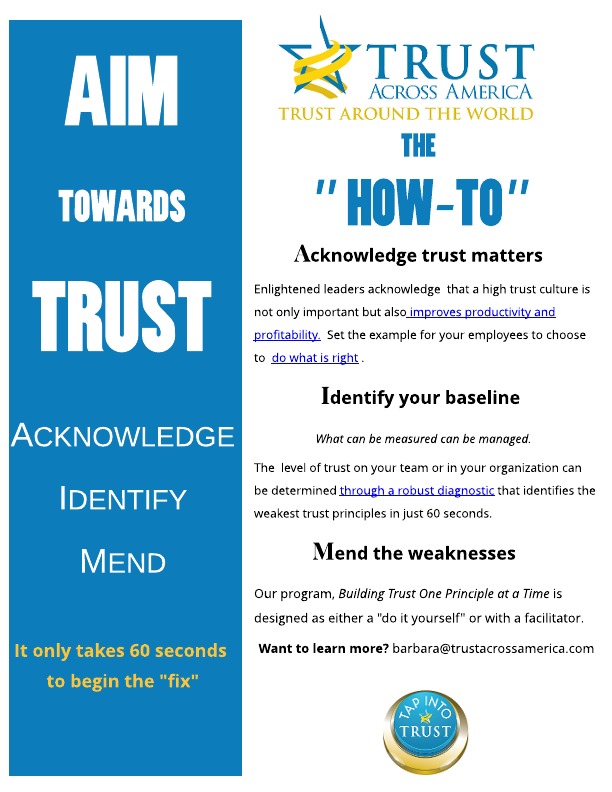
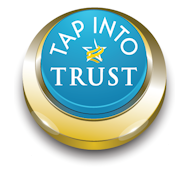
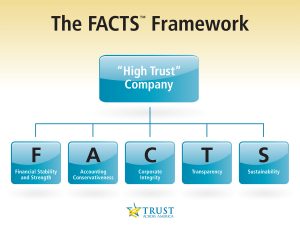
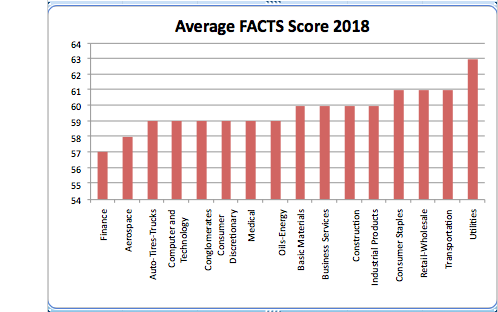
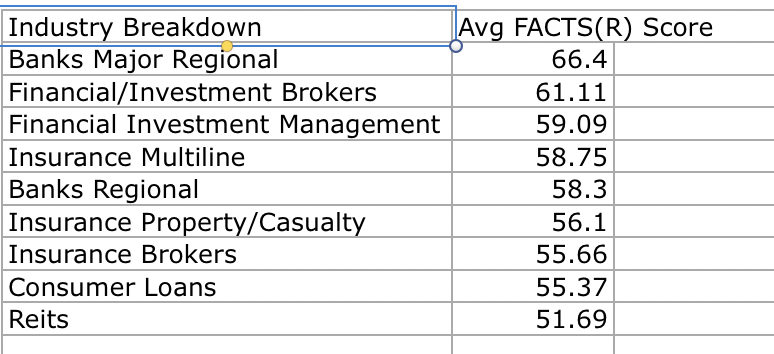

 Purchase our books at this link
Purchase our books at this link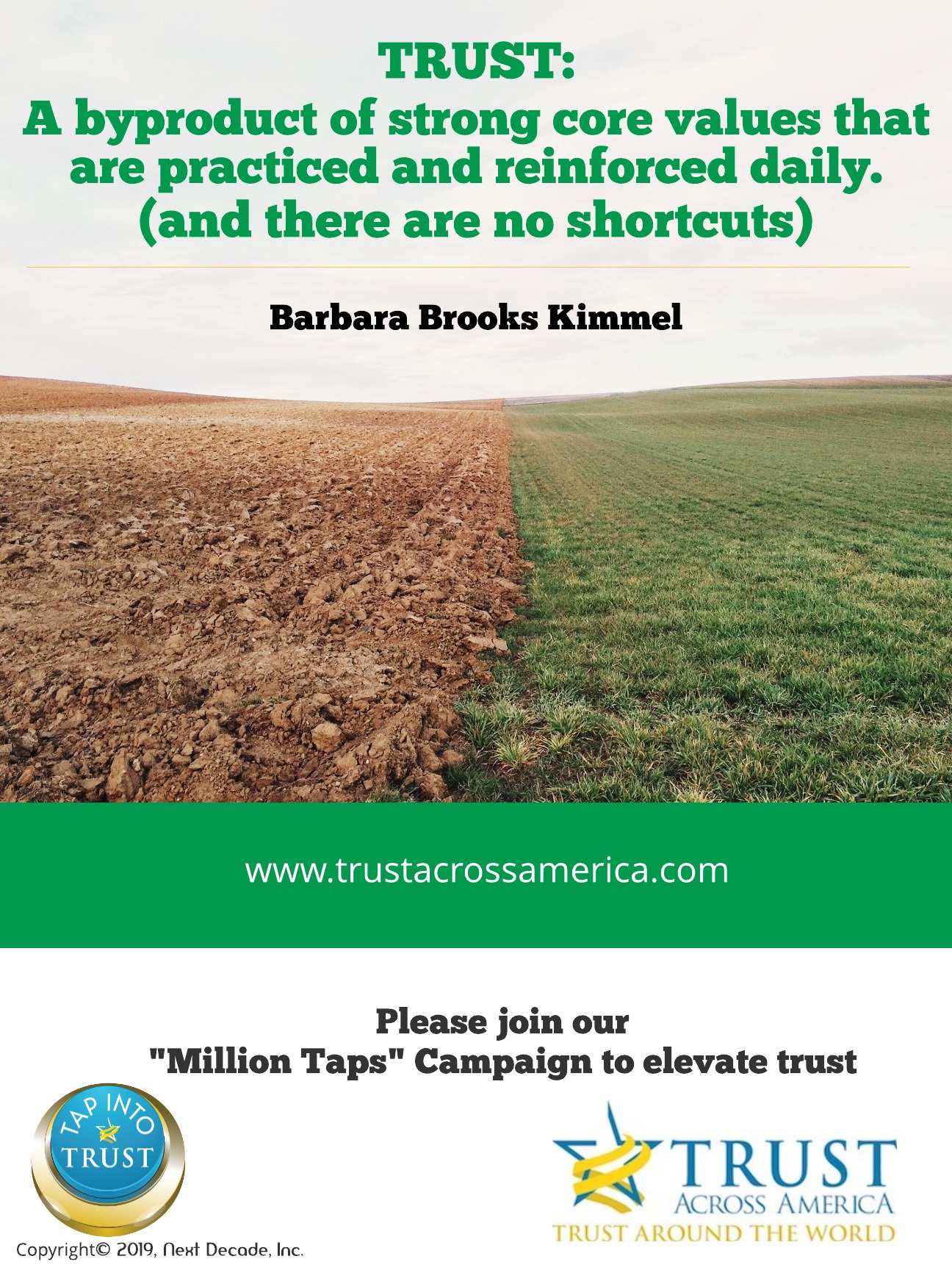
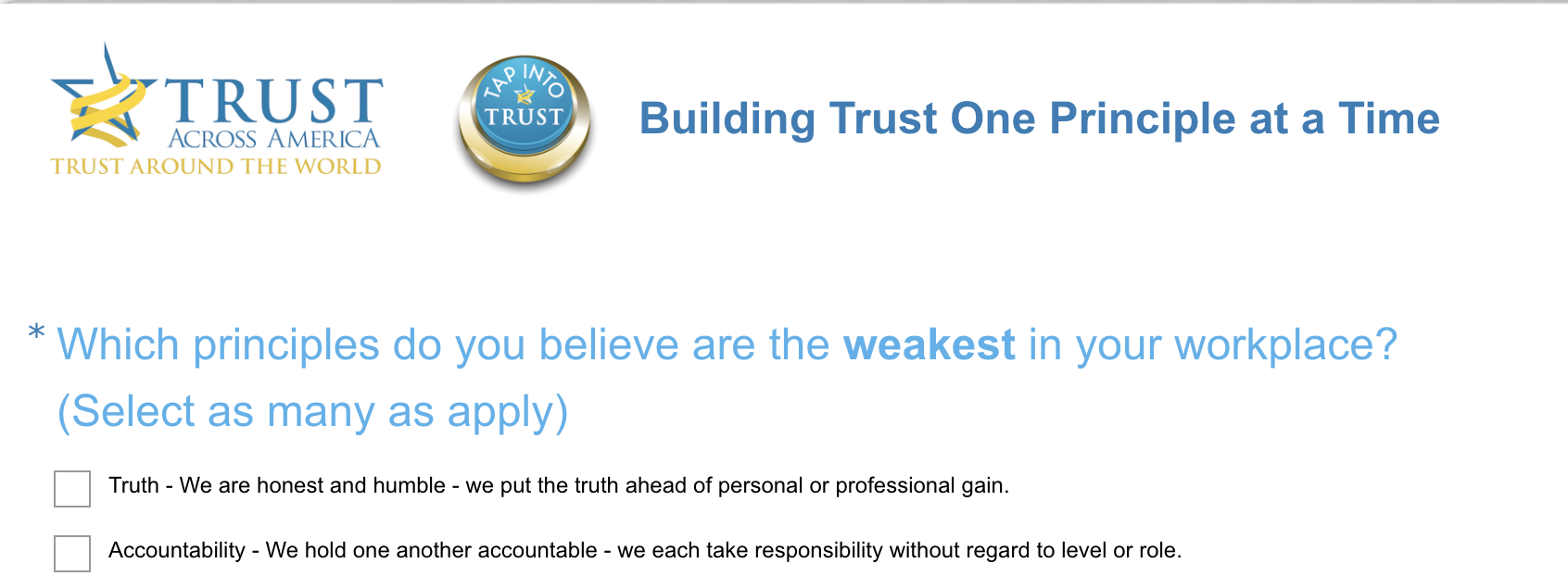
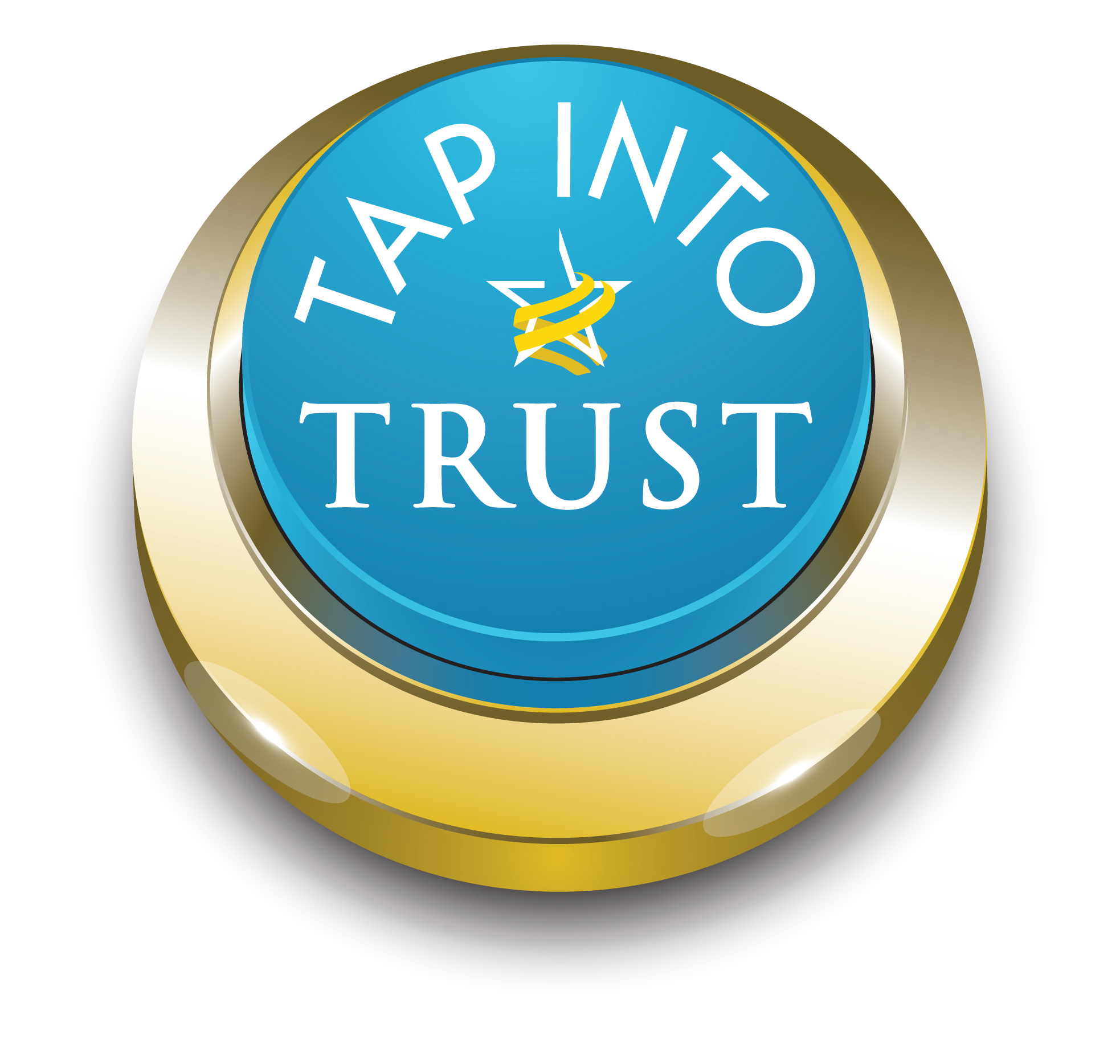
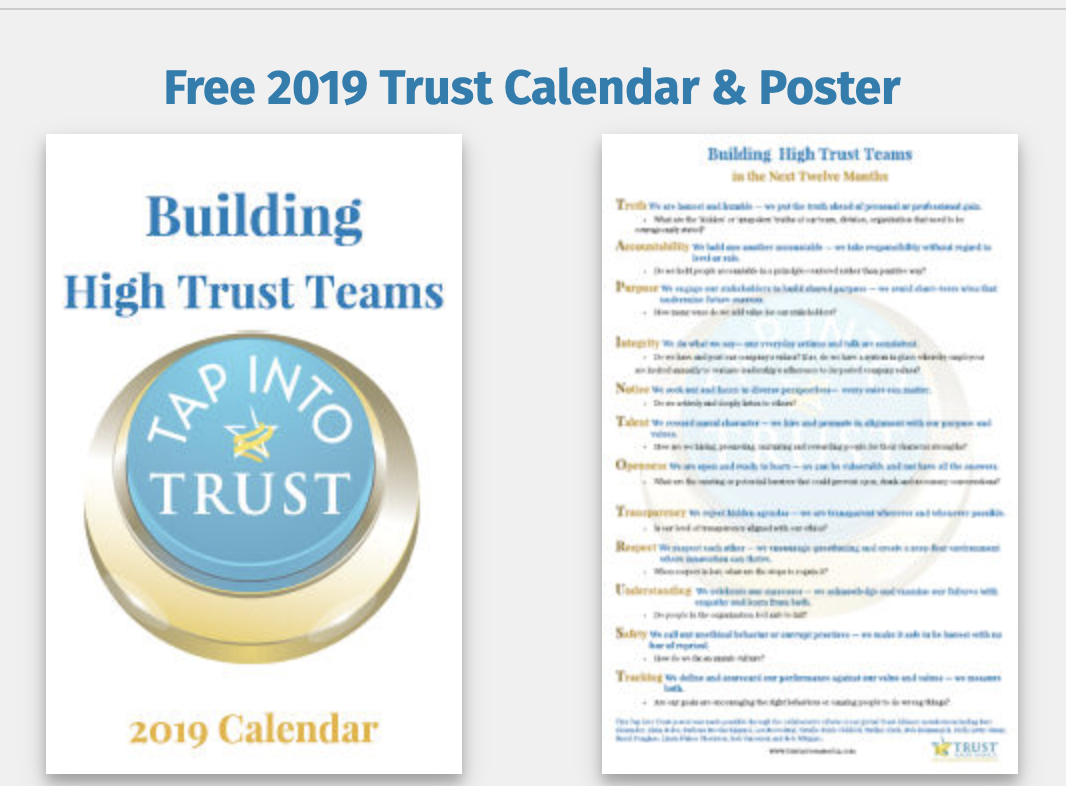
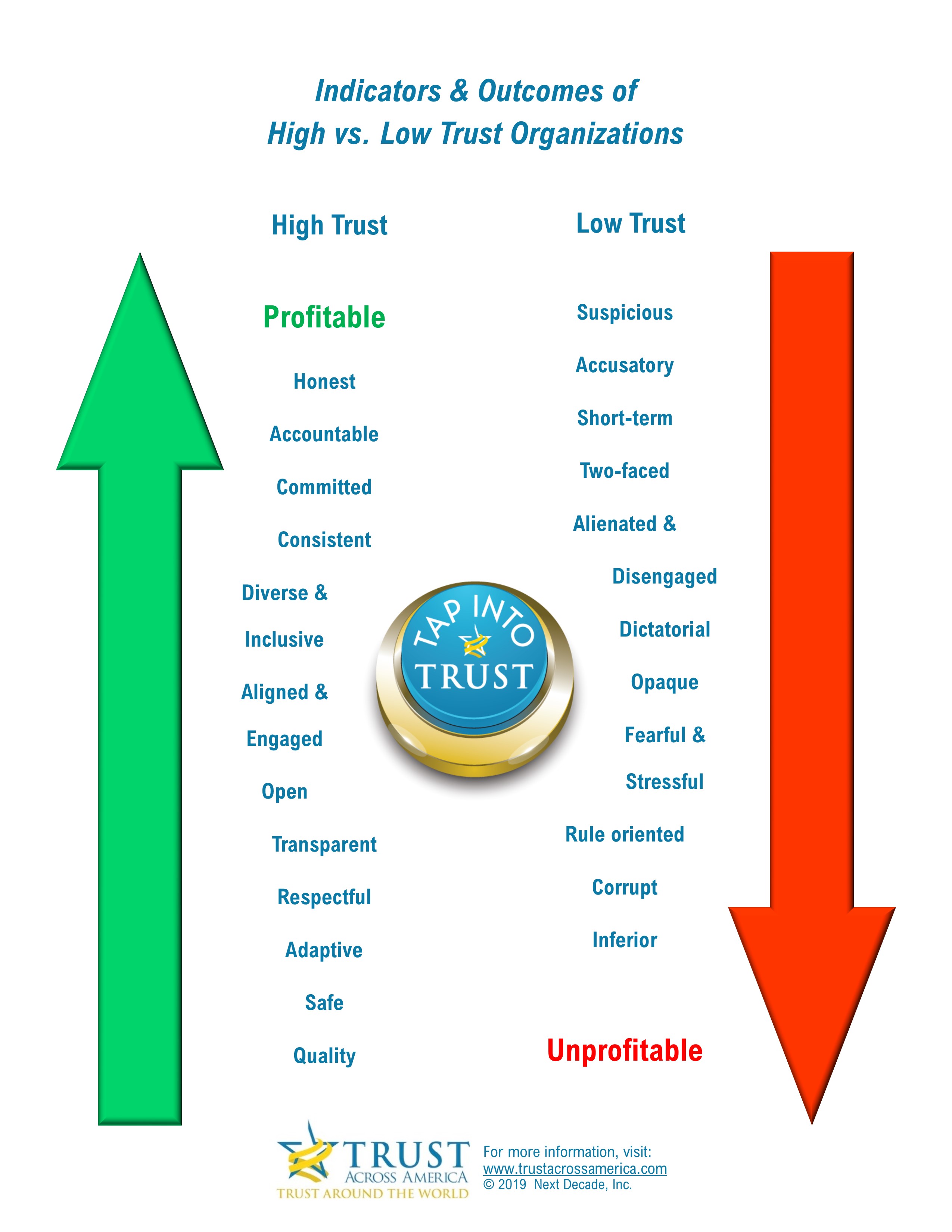

Recent Comments